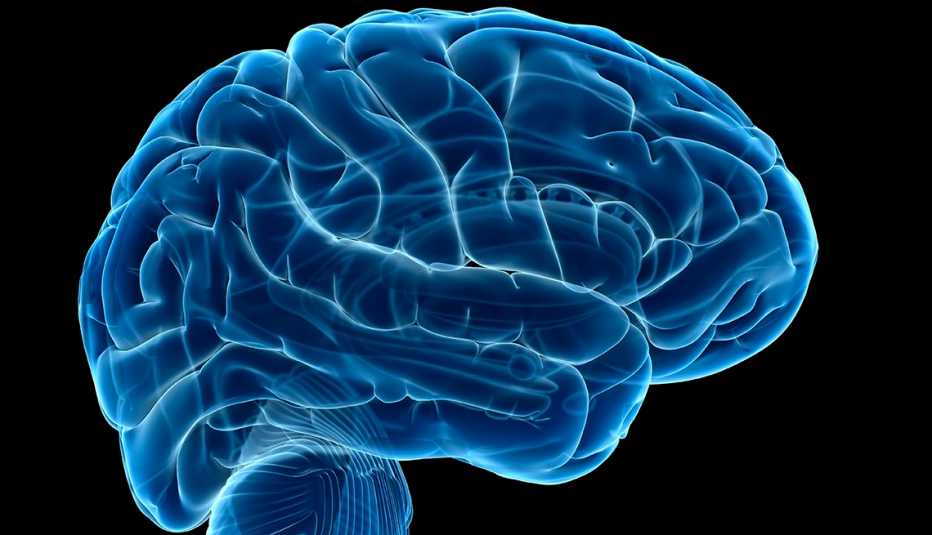Staying Fit
You'’re a preeminent neuroscientist, and a professor at Canada's prestigious McGill University. At age 99, what motivates you to keep up your research at the Montreal Neurological Institute and Hospital?
I am very curious. Human quirks attract my interest. If you’'re a theoretical person, you can sit and dream up beautiful theories, but my approach is, “What would happen if …”or, “Why is this person doing [that] …”and then, “How can I measure it?” I wouldn't still be working if I didn't find it exciting.


AARP Membership— $12 for your first year when you sign up for Automatic Renewal
Get instant access to members-only products and hundreds of discounts, a free second membership, and a subscription to AARP the Magazine.
Are you curious in real life, too?
Yes. I'm a good "noticer" of behavior as much as the kind of furniture people have!
In the 1950s, you made a revolutionary discovery— that memories are formed in a brain area called the hippocampus, which is now getting lots of attention for its role in memory loss and dementia. Has brain research gotten easier?
Nowadays, everyone has functional magnetic resonance imaging. Anybody with access to a medical school can get a good look at the patients' brain while they're alive and young, but it wasn't like that [then]. Psychologists were studying patients who were much older and beginning to show memory impairment. Then they had to wait for their patients to die.
But you were different?
I was privileged in having access to the kinds of patients I had. They were young adults of normal intelligence, in the prime of their lives. We were able to test them before and after surgery for epilepsy.
Was it frustrating waiting for your concept to be accepted?
Oh no, no. It was so exciting working with these patients and satisfying one's curiosity. But it was a bit annoying occasionally.
What led a young Englishwoman to brain science in the 1930s?
I started at Cambridge University in mathematics and decided that I wasn't going to be a great mathematician because I don't have enough spatial ability. I switched to experimental psychology, got married and came to Canada for one year — and I'm still here. I was very lucky in being at the Neurological Institute when this work was being done.
In World War II you gave aptitude tests to pilots. Do you feel you helped the war effort?


































































